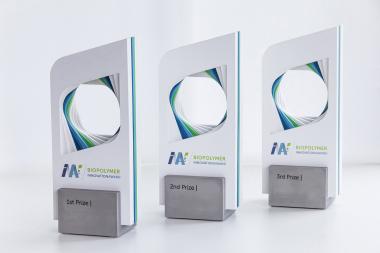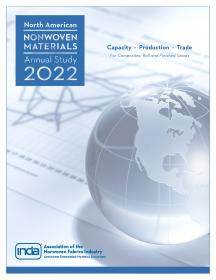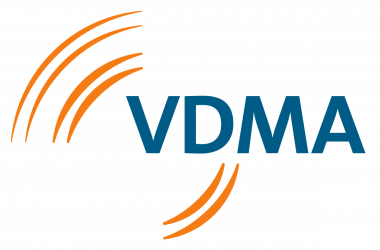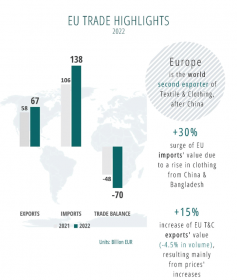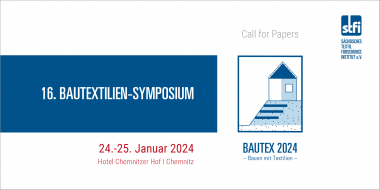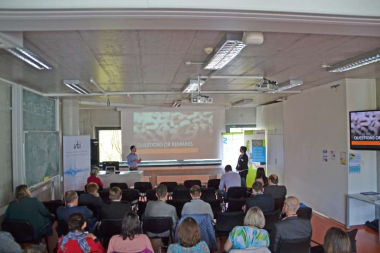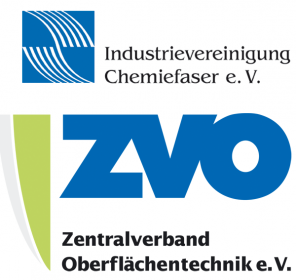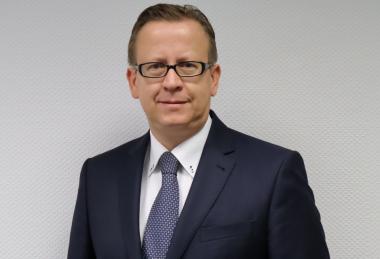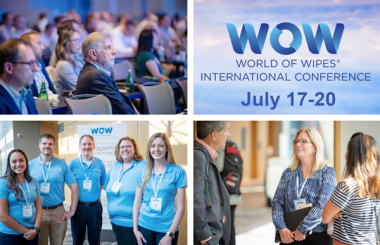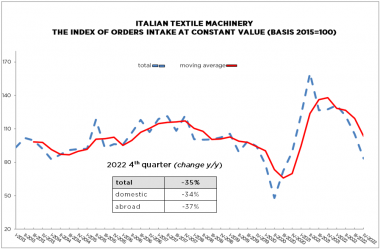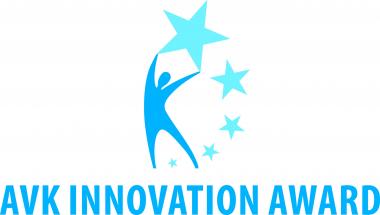BIOPOLYMER INNOVATION AWARD: 2023 alle Preisträger aus Deutschland
Ein Novum in der Geschichte des BIOPOLYMER Innovation Awards: 2023 machen drei Innovationen aus Deutschland das Rennen um die international begehrten Trophäen unter sich aus! Ob der Hauptpreis nach Rheinland-Pfalz, Thüringen oder Hessen geht, wird traditionsgemäß erst auf dem Kongress „BIOPOLYMER – Processing & Moulding“ bekannt gegeben, der am 13. Juni in Halle (Saale) stattfindet. Preisverleihung und Tagung können wie in den letzten Jahren per Videostream kostenfrei in Echtzeit verfolgt werden.
Ist Deutschland noch innovativ genug, um in der Weltspitze ganz vorn mitzuhalten? „Wenn es darum geht, Kunststoffe und Kunststoffanwendungen auf biologischer Basis und für nichtfossile Kreisläufe zu entwickeln, lautet die Antwort: ja!“, ist Jury-Vorsitzender Peter Putsch nach den diesjährigen Nominierungen für den BIOPOLYMER Innovation Award überzeugt: „Mehrere deutsche Beiträge setzten in diesem Jahr die Benchmarks im Wettbewerb.“
Gingen Preise in den letzten nach Finnland, Italien, Belgien oder Brasilien, so nominierte die Jury in diesem Jahr erstmals ausschließlich deutsche Bewerber für den mit 2.000 Euro dotierten Hauptpreis.
Die Green Elephant GmbH aus Gießen macht sich für ihr Produkt CellScrew® unter anderem eine Eigenschaft des Biokunststoffs und klassischen 3D-Druck-Materials PLA (Polymilchsäure) zunutze, die bislang wenig Beachtung fand: seine hohe Biokompatibilität. Das Start-up stellt aus vollständig biobasiertem PLA in additiver Fertigung neuartige Zellkulturflaschen her, in denen Gewebezellen beispielsweise für Gen- und Zelltherapien oder für die Erforschung von Kosmetika und Medikamenten auf neue, komfortablere Weise vermehrt werden können. Forschung, Entwicklung und Industrie produzieren damit bedeutend effizienter und umweltfreundlicher als bisher. Eine archimedische Schraube sowie konzentrisch angeordnete Zylinder im Flascheninneren sorgen für eine riesige Oberfläche zur Anheftung der Zellen und für die automatische Benetzung der inneren Oberflächen mit Kulturmedium bei rollender Lagerung. Eine CellScrew® ersetzt bis zu 400 herkömmliche Zellkulturflaschen aus fossilen Kunststoffen. Selbst wenn das biobasierte PLA nach der Einmalverwendung aus Sterilitätsgründen nicht kompostiert, sondern verbrannt wird, entsteht dabei nur so viel CO2, wie zuvor in den Bioorganismen, aus denen der Werkstoff entstand, gebunden war.
Die SoBiCo GmbH aus Bad Sobernheim (Rheinland-Pfalz) verfolgt seit mehreren Jahren einen innovativen Ansatz, um das von Natur aus recht begrenzte Einsatzspektrum von PLA (Polymilchsäure) systematisch zu erweitern. „Die geringe Reißdehnung von reinem PLA ist zum Beispiel ein entscheidender Grund dafür, dass der Biokunststoff kaum als Verpackungsmaterial genutzt wird“, erklärt SoBiCo-Geschäftsführer Johannes Fuchs. Klassische Modifikationsversuche scheiterten meist am komplexen Migrations- und Kristallisationsverhalten von Weichmachern und anderen Additiven. Fuchs‘ Team fand mit dem Potsdamer Fraunhofer Institut für Angewandte Polymerforschung (IAP) eine eigene Lösung und taufte sie auf den Namen Plactid®. Hinter der Marke verbirgt sich eine PLA-Copolymer-Familie, die in einem neuartigen Verfahren – der reaktiven Compoundierung – hergestellt wird. Neben Lactid, das stets biobasiert ist, kommen dabei verschiedene Polyole zum Einsatz, die je nach Anwendungsfall aus biologischen oder fossilen Quellen stammen können. Die PLA-Copolymere lassen sich auf diese Weise gezielt von hart/ spröde bis weich/ duktil einstellen. So werden zum Beispiel weiche Folien von hoher Kristallinität möglich. Aber auch Spritzgusstypen mit einer deutlich höheren Kristallisationsgeschwindigkeit und Schlagzähigkeit als Standard-PLA können erzeugt werden. Darüber hinaus eignen sich die PLA-Copolymere auch als Additive zur Modifizierung von Standard-PLA.
Das Thüringische Institut für Textil- und Kunststoff-Forschung Rudolstadt (TITK) hat sich eines bislang ungelösten Problems angenommen, von dem jeder Mensch im Alltag umgeben ist: Klebstoffen. Sie stecken in fast jedem Produkt, enthalten zum allergrößten Teil Polymere, sind typische Einmalprodukte, in Recyclingprozessen kaum separierbar und enden so allzu oft als Mikroplastik in der Umwelt. Die Antwort der Thüringer Forscher auf diese Herausforderung heißt Caremelt® und ist ein biobasierter und bioabbaubarer Schmelzklebstoff, dessen Endeigenschaften und Anwendungsprofil mit denen etablierter Schmelzkleber vergleichbar sind. Die Formulierung aus Biopolymeren wie Polymilchsäure (PLA), Polybernsteinsäure (PBS), Terpen- und Kolophoniumharzen, natürlichen Wachsen und Zitronensäure-Derivaten ist nicht nur für kurzlebige Produkte wie Einkaufstüten, Windeln oder Kartonagen geeignet. Auch Schuhe, Textilien, Möbelteile, Fahrzeuginterieur oder Bücher lassen sich damit zuverlässig und dauerhaft zusammenfügen, wie Praxistests zeigten. Das Herstellungsverfahren wurde bereits so optimiert, dass die Formulierungen in einem kontrollierten Prozess reproduziert werden können.
POLYKUM e.V.


